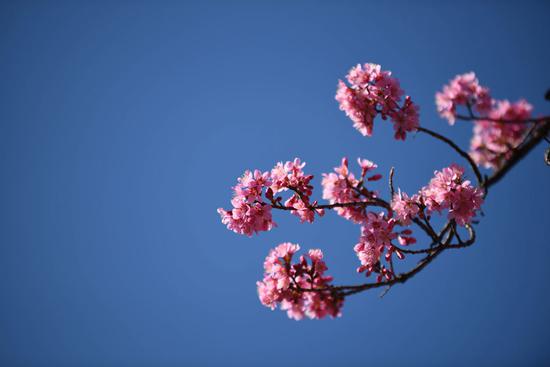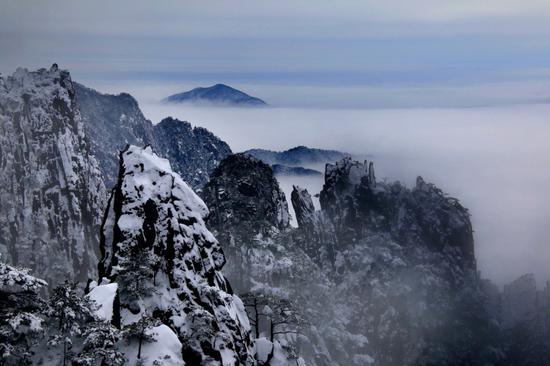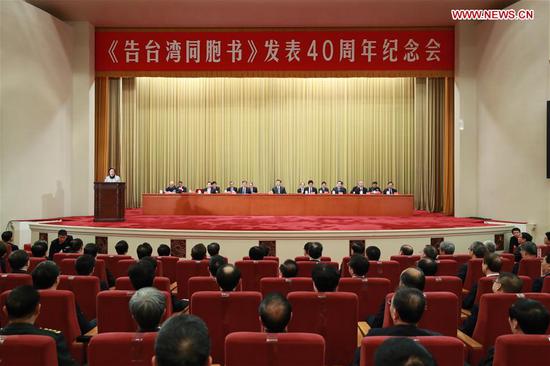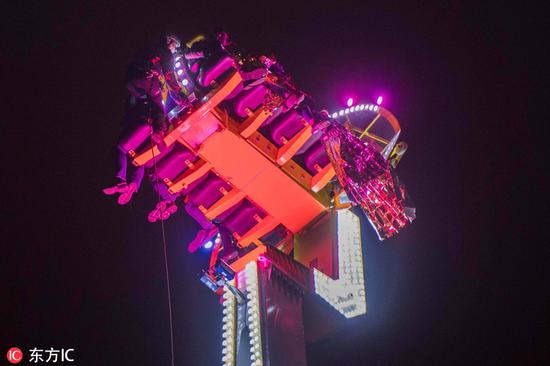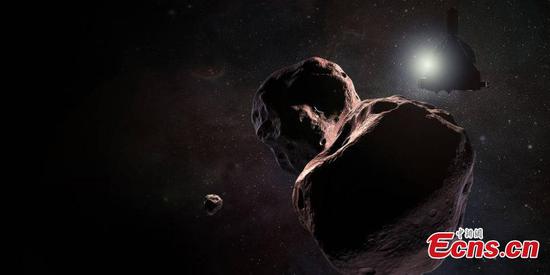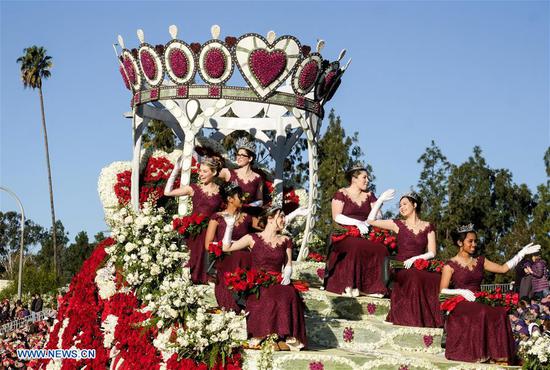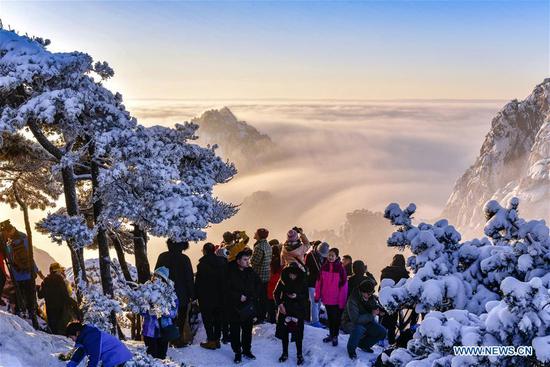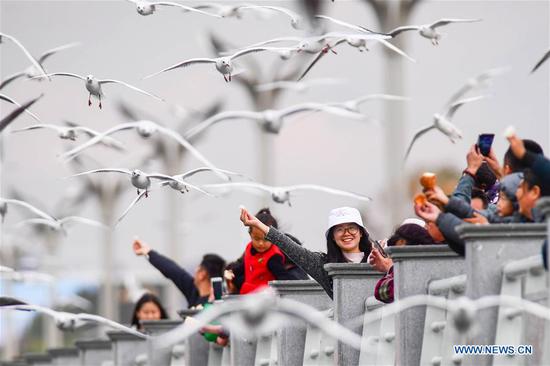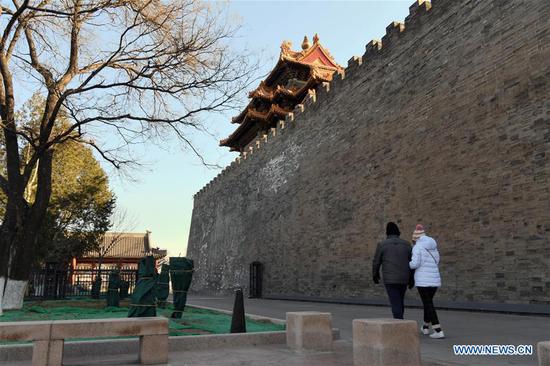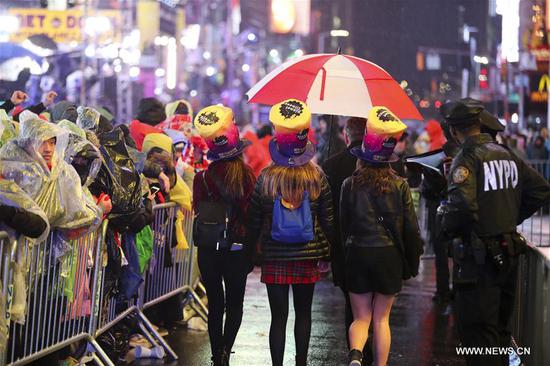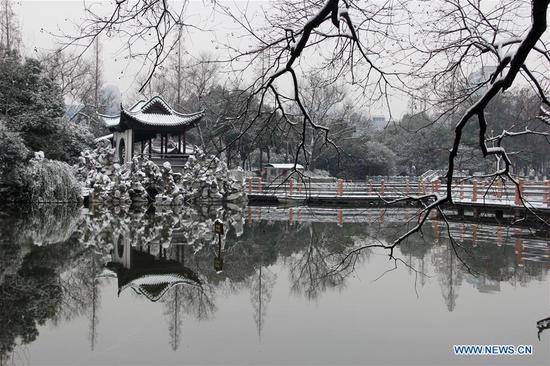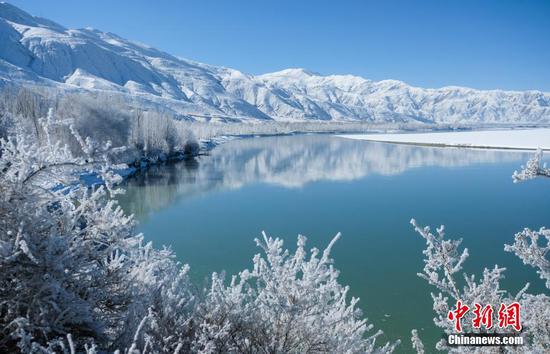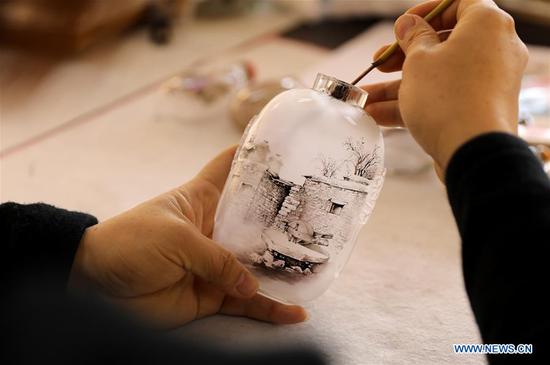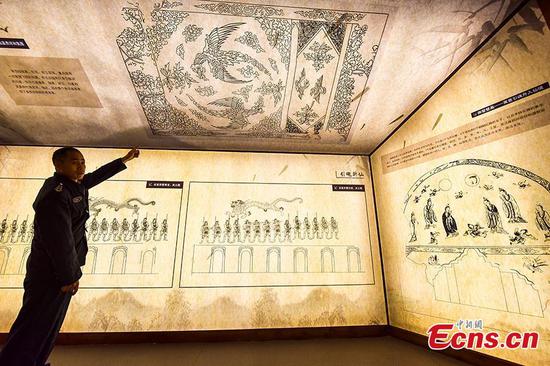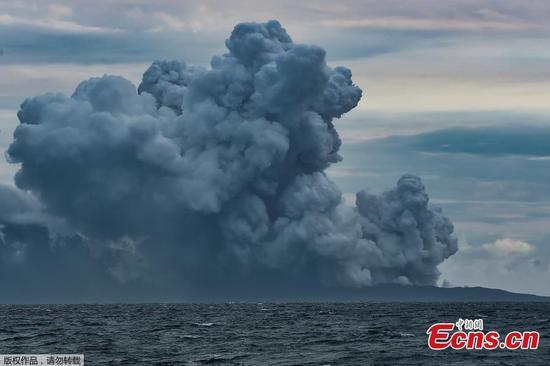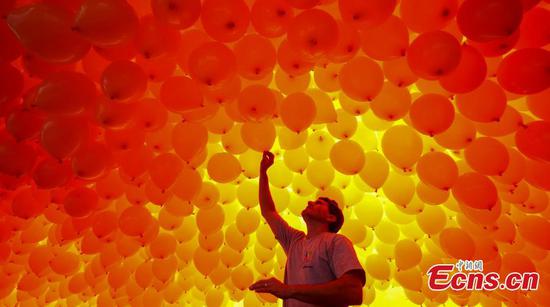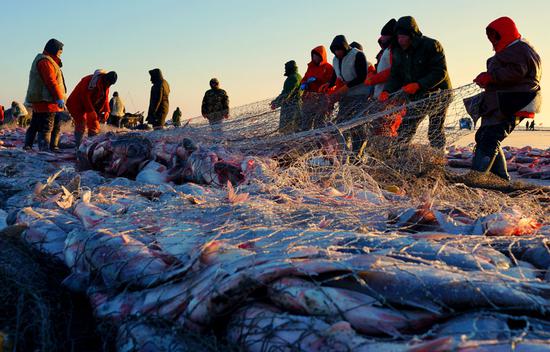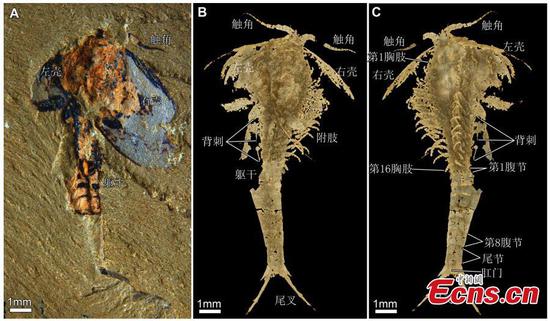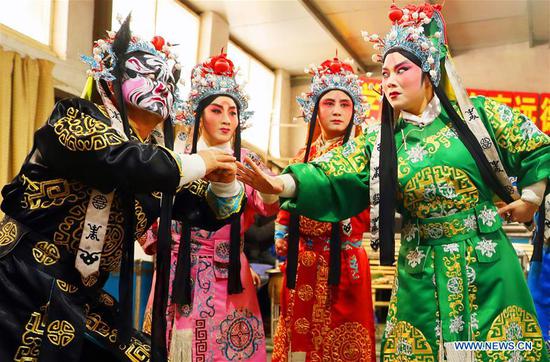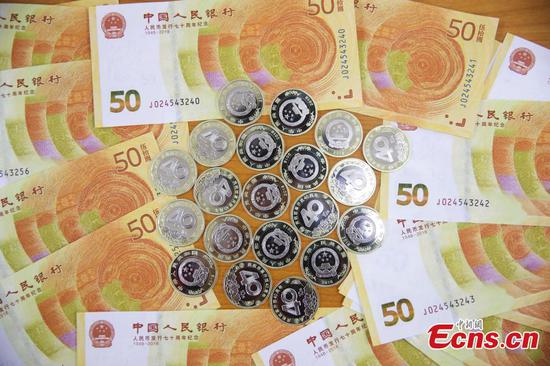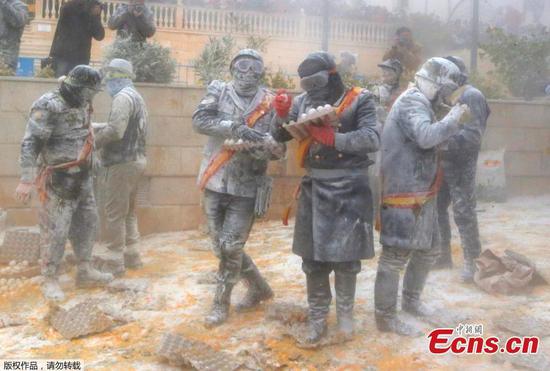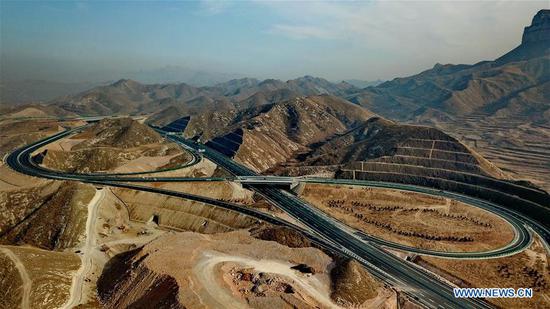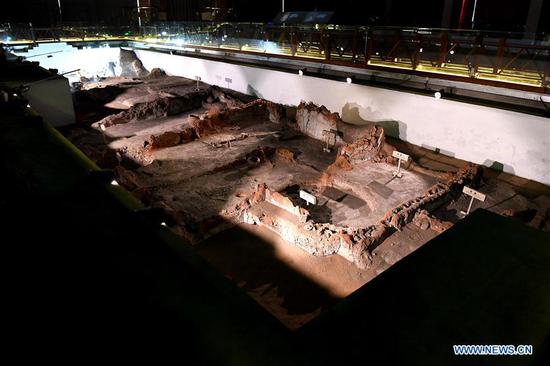Cuba ushers in the New Year by commemorating the 60th anniversary of its revolution on Tuesday, as the country updates its economic model and continues on the socialist path.
Celebrations took place in Santiago de Cuba, about 900 km east of Havana. The city is considered the cradle of the revolution as it is the place where Fidel Castro began his struggle in 1953.
Miguel Diaz-Canel, who was elected president in April 2018, has vowed to continue the revolution carried out by Fidel and Raul while implementing socio-economic reforms.
"The Cuban Revolution is invincible, develops and will endure. 2018 has been of hard work for our people who, with courage and nobility, have continued to lead our process," said Diaz-Canel recently in a message posted on Twitter.
On this day in 1959 and after three years of guerrilla war, the army led by Fidel Castro took over the eastern city of Santiago de Cuba after it took control of many important provinces in the country, causing dictator Fulgencio Batista to flee.
Along with other revolutionaries, Fidel Castro immediately began to change the Cuban society as his socialist movement enjoyed widespread popularity.
The government introduced a wide range of progressive social reforms to provide equality for black Cubans and greater rights for women, and to improve communication infrastructure, medical facilities, health, housing, and education.
Sixty years later, Cubans are pride of their country's universal healthcare, free education, basic food items and security for all citizens.
"Thanks to the revolution, we live in peace," said Luis Palmar, a 48-year-old state worker, adding that Cubans now have free health care and education, and their basic needs are met despite the U.S. economic blockade.
The island has been able to partially rebound from the economic crisis in the 1990s. It is opening up to foreign investment, tourism, the private sector and has approved some market-oriented reforms.
Over the past two decades Havana has continued to diversify its political and economic relations with the continent and the world, becoming a key diplomatic player in the region.
"As any other country, we have good things and bad. But Cuba has shown the world for six decades that it's possible to build a socialist nation with sovereignty and independence," said Mireya Chacon, a 56-year-old state worker.









